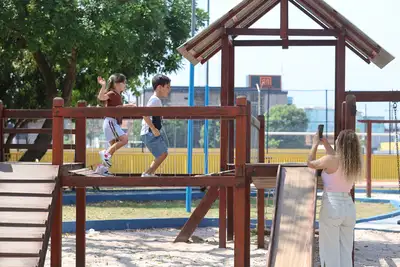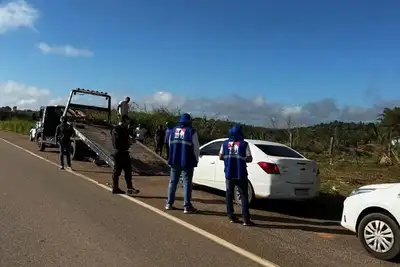Government of Pará installs Integrated Health Operations Center for monitoring at COP30
A specialized team will monitor health 24/7 during the United Nations Conference on Climate Change 2025 in Belém
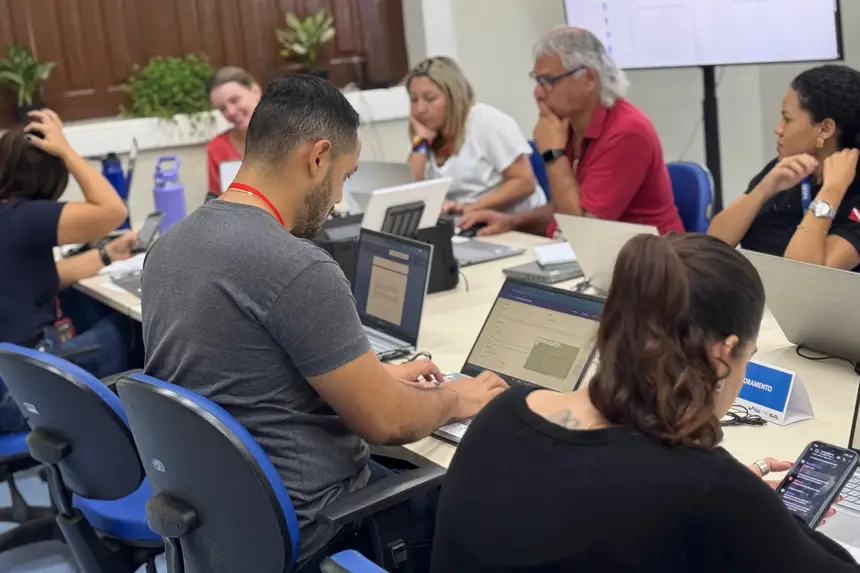
The government of Pará, through the State Department of Public Health (Sespa), in partnership with the Ministry of Health and the Municipal Health Department of Belém (Sesma), activated, this Monday (3), the Integrated Health Operations Center (CIOCS). The strategy is aimed at monitoring health during the United Nations Conference on Climate Change 2025 (COP30), which will be held in Belém from November 10 to 21.
This action marks the beginning of integrated operations focused on the world's largest climate event. The structure, which has already been used in major events such as the Círio de Nazaré, will be essential for managing real-time information and coordinating rapid responses in situations involving public health during the days of the Conference.
The State Secretary of Public Health, Ivete Gadelha Vaz, emphasized that the integration between agencies is fundamental for the success of the actions. “With COP30 being one of the largest events in the world, we cannot underestimate the impact it has on public health. CIOCS ensures that we are prepared for any emergency, in addition to allowing us to enhance our capabilities for future challenges. We are working together with the Ministry of Health and other institutions to ensure coordinated and efficient care throughout the Conference,” highlighted the head of Sespa.
The CIOCS has a specialized technical team, composed of professionals trained to act in emergencies, data analysis, and crisis management. It will operate continuously during COP30, with teams available 24/7, and will conclude after the event ends.
“CIOCS is an essential structure to ensure that public health actions occur in a coordinated and safe manner during mass events, as was the case with the Círio and is being with COP30. We will have teams ready to identify risks to public health and respond promptly to any situation, ensuring that the event proceeds smoothly for participants, visitors, and health professionals involved,” emphasized the coordinator of the Strategic Information Center for Health Surveillance of Pará (CIEVS), responsible for the operationalization of CIOCS, Veronilce Borges da Silva.
Monitoring and rapid response
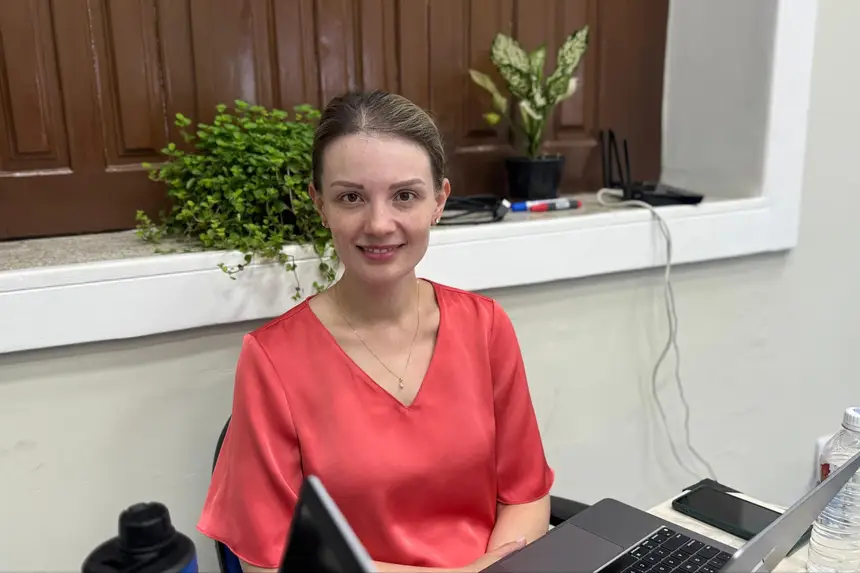
The center will be the command point for health actions, responsible for ensuring immediate responses to emergencies, as well as coordinating strategies and conducting real-time data analysis, in partnership with the Ministry of Health and various state and municipal agencies.
“CIOCS brings together the main representatives of surveillance and assistance from the three spheres of management of the SUS (Unified Health System), ensuring coordination and rapid responses during COP30. It allows monitoring of care, producing daily reports, and sending emergency teams if necessary. Although a large-scale event is not, in itself, an emergency, it can generate critical situations. The Ministry of Health, along with Sespa and Sesma, works to strengthen efforts in the territory, providing support, monitoring, and organization for the best possible response,” declared the general coordinator of preparation Ministry of Health and command of CIOCS, Taynná Almeida.
The physical structure includes a monitoring room equipped with cutting-edge technology, a command and strategic coordination room, as well as support and rest areas for on-duty professionals.
During the event, CIOCS will monitor care provided in accredited hospitals, service posts set up at strategic points, and the movement of medical teams to ensure comprehensive coverage throughout the COP30 period.
Direct channel with health units
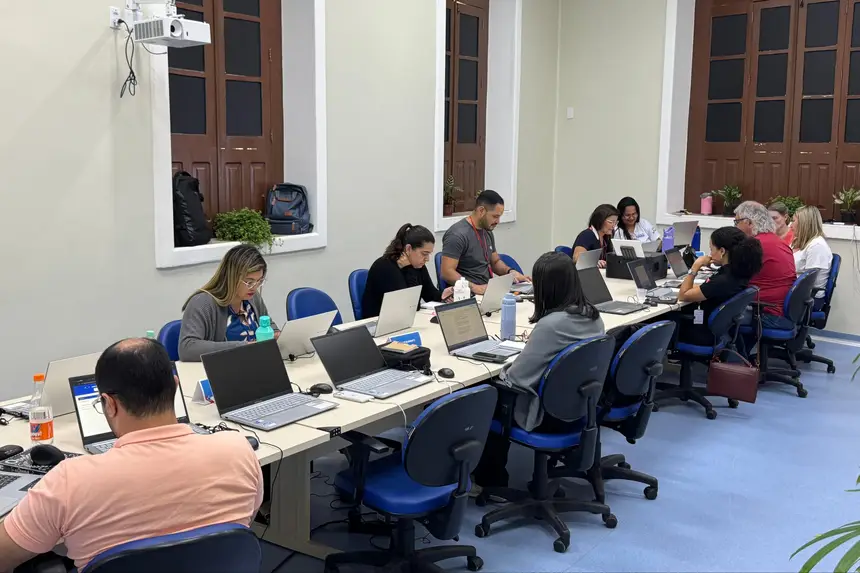
To strengthen communication and expedite responses, Sespa has made available a real-time monitoring application that allows health units to report occurrences directly to the CIOCS central, in addition to providing contact channels via phone and email to ensure continuous support.
With this integration, the government of Pará reaffirms its commitment to health security, ensuring that the State is fully prepared to host a globally significant event, with organization, agility, and coordination among the different levels of management.




